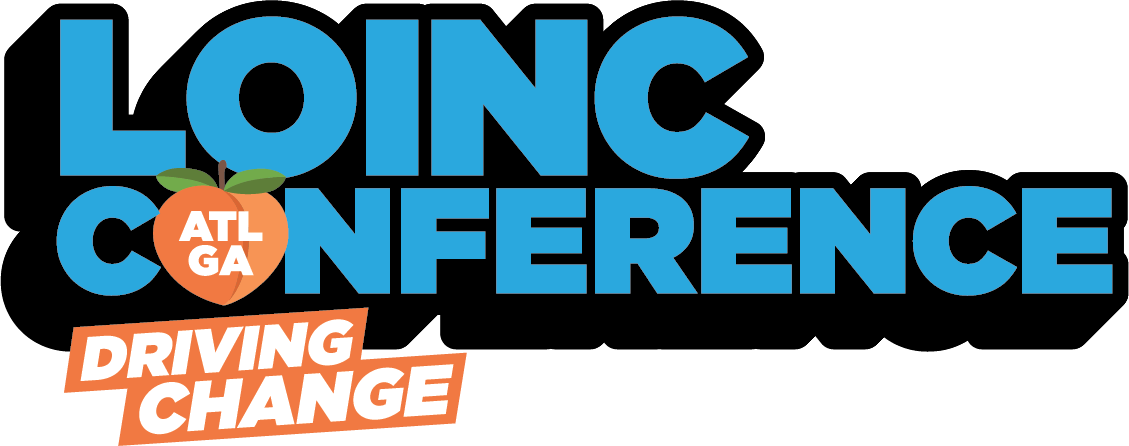 The LOINC Conference in Atlanta, GA will host attendees from 30 countries October 17 – 20 at the Georgia World Congress Center. These experts, focused on addressing health data interoperability issues, will gather at the 2023 LOINC Conference for four days of education, community presentations, and networking. Participants will include software and device manufacturers, healthcare providers, patients, reference labs, government agencies, researchers, students, and others at this special event. “Standards Development Organizations such as LOINC are integral for ensuring the quality and safety of the laboratory data ecosystem,” said Dr. Stephen Powell, Synensys CEO, “It’s exciting to have the conference in our hometown this year.”
The LOINC Conference in Atlanta, GA will host attendees from 30 countries October 17 – 20 at the Georgia World Congress Center. These experts, focused on addressing health data interoperability issues, will gather at the 2023 LOINC Conference for four days of education, community presentations, and networking. Participants will include software and device manufacturers, healthcare providers, patients, reference labs, government agencies, researchers, students, and others at this special event. “Standards Development Organizations such as LOINC are integral for ensuring the quality and safety of the laboratory data ecosystem,” said Dr. Stephen Powell, Synensys CEO, “It’s exciting to have the conference in our hometown this year.”
Synensys, a Service Disabled Veteran Owned Small Business (SDVOSB) based in Atlanta is part of the research team for the U.S. Food and Drug Administration’s (FDA) study “Improving the Reliability, Interoperability, Agility, and Quality of Laboratory Data Exchanges using System Safety Engineering Methods”. Dr. Stephen Powell, Synensys CEO, along with Christine Spisla, and Raja Cholan, Deloitte, and Dr. Scott Campbell, University of Nebraska will present their findings during their presentations Thinking Outside the Box: Using an Integrated Knowledge Management Environment to Model LOINC Terms and Results from a System Safety Analysis of the U.S. Laboratory Data Ecosystem: How LOINC Impacts System Safety with Dr. Scott Campbell, and Greg Watkins, Deloitte Consulting, LLP.
What is LOINC?
Logical Observation Identifiers Names and Codes (LOINC) is a database and universal standard for identifying medical laboratory observations. First developed in 1994, it was created and is maintained by the Regenstrief Institute, a U.S. nonprofit medical research organization. LOINC was created in response to the demand for an electronic clinical care and management database and is publicly available at no cost.
It is endorsed by the American Clinical Laboratory Association. Since its inception, the database has expanded to include not just medical laboratory code names but also nursing diagnosis, nursing interventions, outcomes classification, and patient care data sets.

